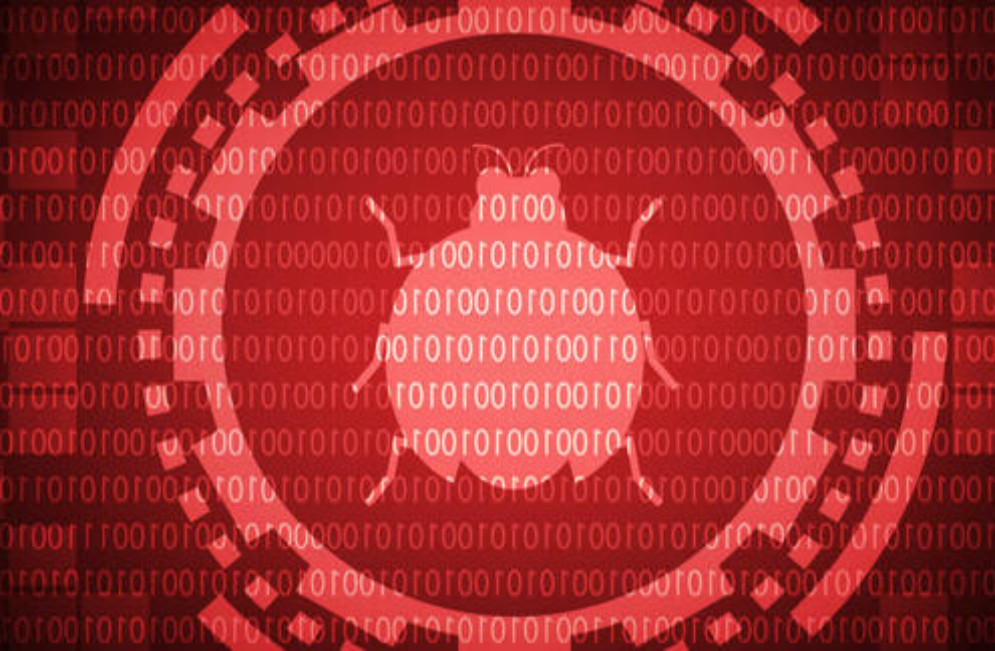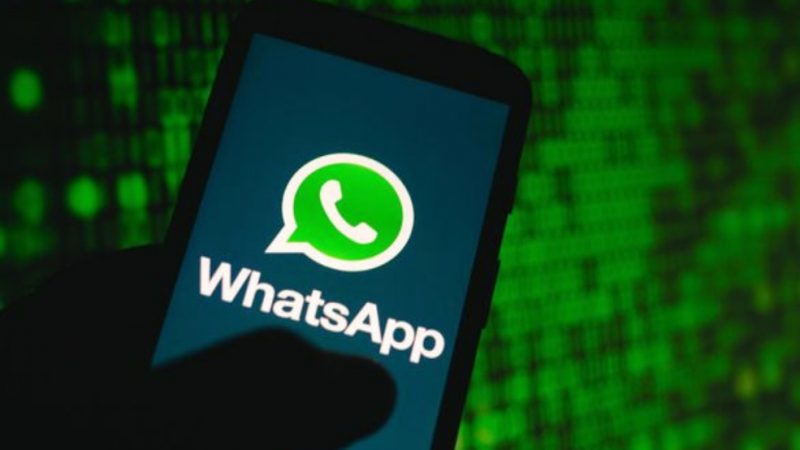Unofficial Solution to Windows Bug Used to Infect Home Computers with Ransomware
Unofficially, a cybersecurity company has released another patch to fix a Windows bug that Microsoft has not fixed. This hole is being actively exploited by ransomware writers to spread ransomware.
Let’s go back to October 17th, when Acros Security published a tiny binary patch to fix a bug in Microsoft’s Mark-of-the-Web feature (MotW). This feature will set a flag in metadata for files downloaded from the internet, USB sticks and other untrusted sources. This flag makes sure that extra security protections kick into place when files are opened. For example, Office blocks macros from running, and the operating system checks that the user actually wants to run that.exe.

It turned out that it is possible to bypass this feature and have files downloaded from a website not carry the MotW Flag, bypassing all protections when they are opened. An attacker could block Windows from placing the MotW flag on files that are extracted from ZIP archives that were obtained from untrusted sources. This vulnerability can be used by criminals to trick marks into opening ZIP archives and then running malicious software inside without the usual security protections. Will Dormann, the senior vulnerability analyst at Analygence, highlighted the bug months earlier.
This oversight has not been corrected by Microsoft. Kevin Beaumont, an IT observer, stated that the bug was being exploited by the wild on October 10. Acros released a micro patch a week later to help close the hole while Redmond catches up.
Acros has now emitted another patch that addresses a related MotW security flaw in Windows, which Microsoft has yet to fix.
What’s new?
HP Wolf Security published a report just days before the release of the first patch. It detailed a series of ransomware attacks in September that all started with a web-download. Victims were instructed to download a ZIP file that contained a JavaScript file disguised as an antivirus program or Windows software update.
When the script was run, Magniber, a ransomware attack targeting Windows home users, was actually executed. Wolf Security claims that the script can scramble documents and extract as much as $2,500 from victims in order to restore their data.
Magniber doesn’t fall under the Big Game Hunting category, but it can still cause serious damage,” Wolf Team wrote in its report. Big Game Hunting is when criminals infect large, wealthy enterprises with the hope of making a huge payday. This malware was likely to target home users based on the supported operating systems versions and UAC bypass.
Next >>








